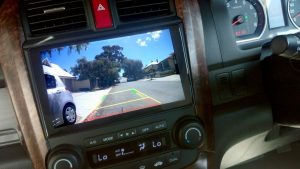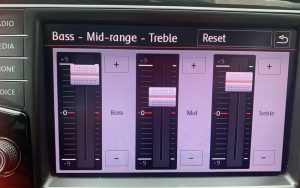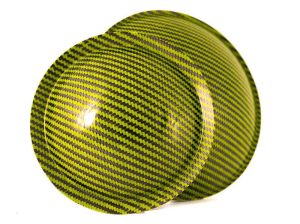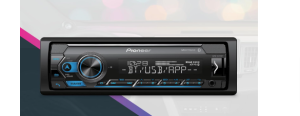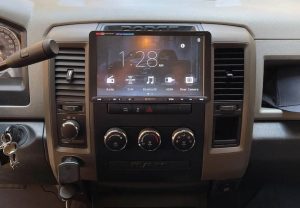When it comes to enhancing your car audio experience, installing a powerful amplifier is a common choice. However, ensuring the safety and optimal performance of your car stereo system requires attention to detail, including selecting the appropriate fuse for the power wire connected to your amplifier. In this article, we’ll delve into the crucial aspects of choosing the right fuse for power wire to amp, with a focus on maintaining the integrity of your car’s electrical system and audio setup.
Contents
Understanding the Importance of Fuses for Power Wire to Amp
Fuses play a pivotal role in safeguarding your car audio system, particularly when it comes to amplifier power. These small but crucial components act as barriers between your amplifier and potential electrical mishaps.
In a car stereo setup, amplifiers draw power from the vehicle’s electrical system to boost audio signals and deliver rich sound. However, power fluctuations, short circuits, or other electrical issues can pose risks not only to your amplifier but to your entire car’s electronics. This is where fuses step in.
Think of a fuse as a safety net. When an electrical current surpasses safe limits – due to a surge or a fault – the fuse detects the excess current and “blows,” interrupting the circuit and preventing damage to the amplifier and other connected components. This immediate response helps avoid overheating, fires, or irreparable harm.
In essence, a properly sized fuse is your insurance against potential electrical disasters. It ensures that your amplifier operates within its designed parameters, enhancing sound quality while safeguarding both your investment and your vehicle. Understanding the significance of fuses in your car stereo setup is key to a reliable and enjoyable audio experience.Top of Form
Calculating the Correct Fuse Size
The choice of the appropriate fuse size for your amplifier’s power wire isn’t a one-size-fits-all decision. It’s determined by several factors, including the amplifier’s power rating and the gauge of the power wire. An undersized fuse can blow prematurely, causing interruptions to your audio playback, while an oversized fuse can jeopardize the amplifier’s safety.
To find the ideal fuse size, start by referring to the manufacturer’s specifications for your amplifier. This information typically includes the recommended fuse rating based on the amplifier’s wattage. Additionally, consider the gauge of the power wire – thicker wires require larger fuses to accommodate higher current levels.
Matching Fuse Size to Amplifier Wattage
The relationship between your amplifier’s wattage and the fuse size is critical. As a rule of thumb, you’ll want a fuse that can handle slightly more current than your amplifier’s maximum output. However, it’s important not to overdo it, as this could lead to potential damage.
What Size Fuse for 1500 Watt Amp?
Fuse Placement and Wiring
Selecting the correct fuse for power wire to amp is just the first step; proper installation is equally crucial. The fuse should be positioned as close to the battery as possible, serving as the first line of defense against potential power fluctuations. This placement ensures that the power wire is protected from any short circuits that might occur along the way.
When wiring, ensure that the fuse holder is of high quality and properly secured to prevent any vibration-related issues that might arise from the motion of the vehicle. Properly securing the wiring and fuse holder reduces the risk of premature fuse blowouts and ensures a consistent flow of power to your amplifier.
Conclusion
In the world of car audio, the use of fuse for power wire to amp is a critical component of a safe and superior listening experience. By understanding the amplifier’s power rating, the gauge of the power wire, and the manufacturer’s recommendations, you can confidently choose the correct fuse size. Remember, safety should always be a priority, and by making informed choices, you’ll not only protect your amplifier but also enjoy the full potential of your car stereo setup.

